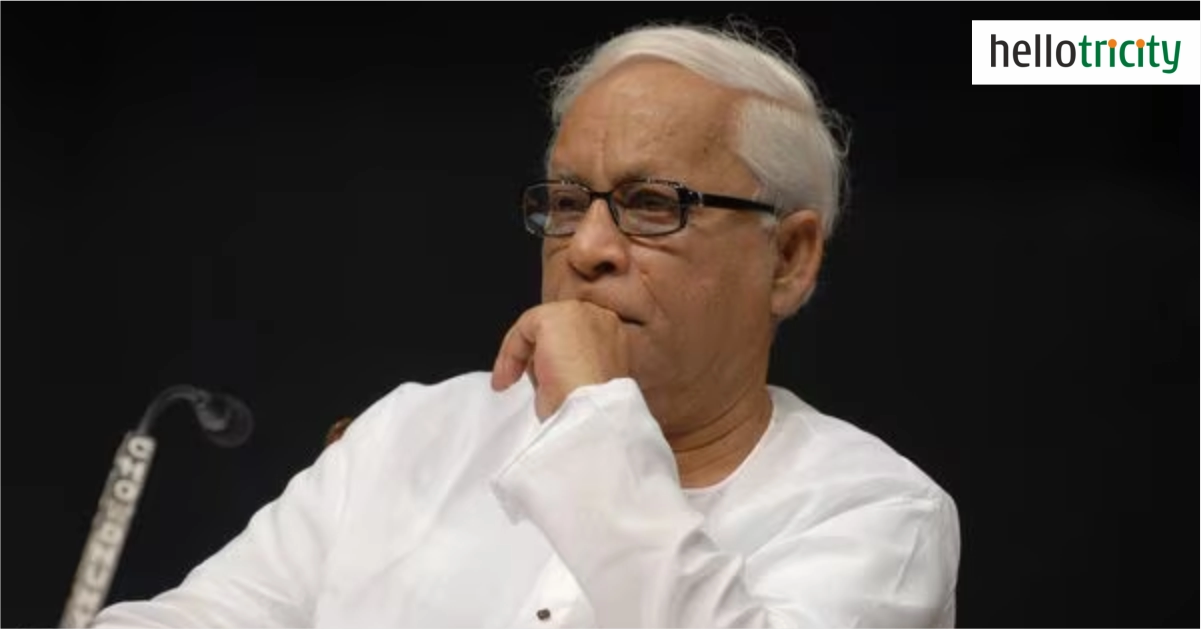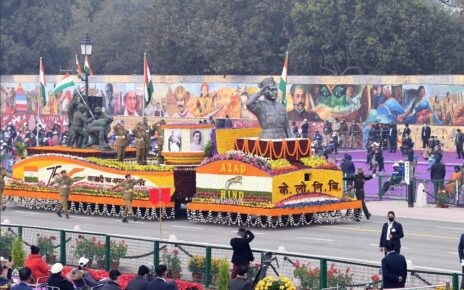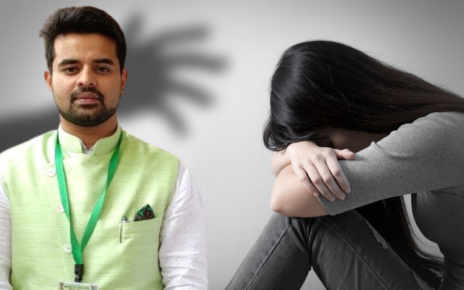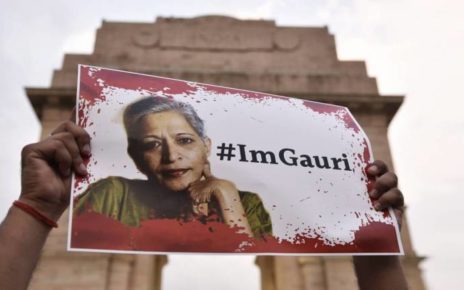Veteran politician and former West Bengal Chief Minister Buddhadeb Bhattacharjee passed away on Thursday morning at his residence in Kolkata. He was 80 years old. Bhattacharjee, a stalwart of the Communist Party of India (Marxist) or CPI(M), served as the state’s Chief Minister for 11 consecutive years, from 2000 to 2011. He succeeded the legendary Jyoti Basu and was the last Chief Minister from the Left Front government, which had ruled Bengal for 34 years.
Bhattacharjee had been battling chronic obstructive pulmonary disease (COPD) for a long time and had withdrawn from public life for over five years due to his deteriorating health. He is survived by his wife Mira and daughter Suchetana. His tenure as Chief Minister was marked by a push for rapid industrialization. This policy, however, is seen by some as a factor contributing to the Left Front’s defeat in the 2011 assembly elections by Mamata Banerjee’s Trinamool Congress, which ended the Left’s long rule in West Bengal. A notable example of this was the controversial land acquisition project in Singur for a Tata Motors factory, which faced strong public opposition led by Mamata Banerjee.
West Bengal Chief Minister Mamata Banerjee expressed her condolences on Bhattacharjee’s passing. She acknowledged their political differences but recognized their long association and her visits to him during his illness. Banerjee announced that the state government would accord Bhattacharjee full respect and ceremonial honours during his final rites.
Beyond politics, Bhattacharjee was also recognized as a poet and translator with a deep love for literature. He was known to be an avid reader and counted renowned author Gabriel Garcia Marquez among his favourites. Buddhadeb Bhattacharjee’s passing marks the end of an era in West Bengal politics. He leaves behind a complex legacy as a leader who attempted to modernize the state while facing criticism for some policies.




